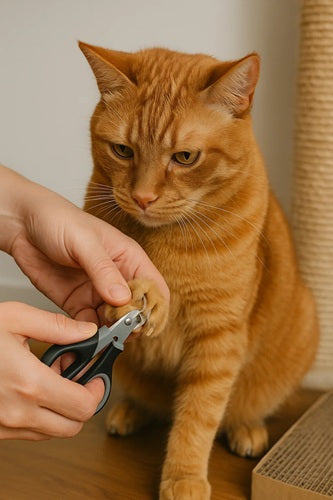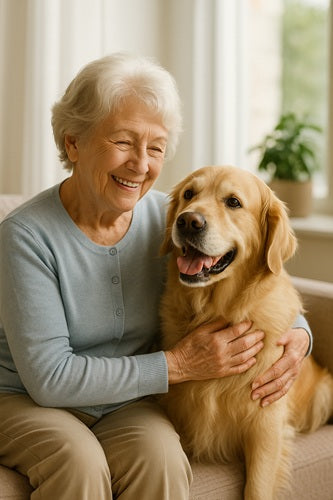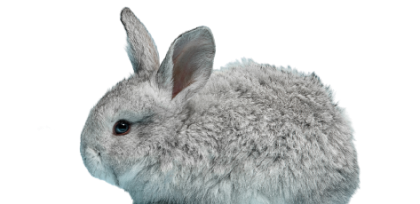Can Cats Drink Milk ?
Movies and cartoons have always shown cats lapping up milk happily from saucers. We have also been taught from a young age that cats drink milk. The notion that milk is good for cats has always been considered to be normal. We never actually stopped to consider whether the milk of cows might not be the healthiest of drinks for cats. Then along came scientists who disproved this, showing us through their studies that many adult cats in fact have an intolerance for cow milk. Let's explore this further.
Can cats consume milk?
When a kitten is born, she needs as much nutrition as her little body can absorb in order for her to sustain a strong and healthy growth. Ideally, they need their mothers milk at this stage or a milk replacer. During this time, they don’t have a problem digesting milk.
When kittens are weaned off their mother milk, some changes occur in their bodies. Once weaned, lactase, the enzyme responsible for lactose digestion, begins to fade from their gut.The lack of lactase in the body can cause lactose intolerance in adulthood. Hence many cats lose the ability to digest lactose when they are weaned from their mother’s breast milk.
There are some cats who even in adulthood are able to digest milk appropriately. However it is advisable that although they can consume milk, it’s best to provide it to them in small quantities in case they become intolerant later in life.
What exactly is Lactose Intolerance?
Lactose intolerance is the inability to digest sugar lactose found in milk and other dairy products. It results in diarrhea, gas and bloating after consuming dairy products. Lactose intolerance is caused by lactose malabsorption, a condition in which your small intestine makes low levels of lactase and can’t digest all the lactose you eat or drink. This is not a phenomenon that is limited to humans, many adult cats also face lactose intolerance. When lactose stays in their stomach undigested, it may start to ferment which could produce gases, causing stomach cramps or excessive flatulence.
What about the nutrition from milk ?
There are specially formulated 'cat milk' products which are more suitable for cats, although adult cats don't actually need milk to maintain optimal cat health. In fact, proper solid cat food provides more nutrition than specialized cat milk.You should always talk to your vet about the best nutritional suggestions for your cat. Every cat has their own dietary needs and some require special recommendations to manage their condition, therefore, it is best that you consult your vet for the best possible solutions.
For cats who love milk:
Many cats love milk and its creamy texture and so will happily lap it up if it is provided to them. They don’t comprehend that milk causes them to have digestion problems. It is upto us, humans, to make nutritionally appropriate choices for them. If you wish to give your cat some milk, lactose free milk would be a better choice. Almond milk, oats milk, and rice milk are some of the alternatives to cow milk. However, refrain from making these part of his regular meals as the calories in lactose free milk could probably end up giving your cat obesity.
With this knowledge in hand, it’s time to change the image of a cat lapping up milk from a saucer and replace it with more healthy food choices for our cats. Like humans, animals also have digestive systems which change as they grow older. It is important for us to have an understanding of what they are able to digest and what causes them indigestion. For your cat’s health and waistline, it is best to avoid giving them cow’s milk.








